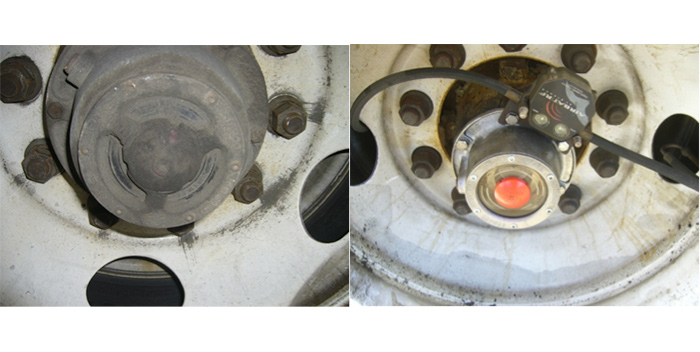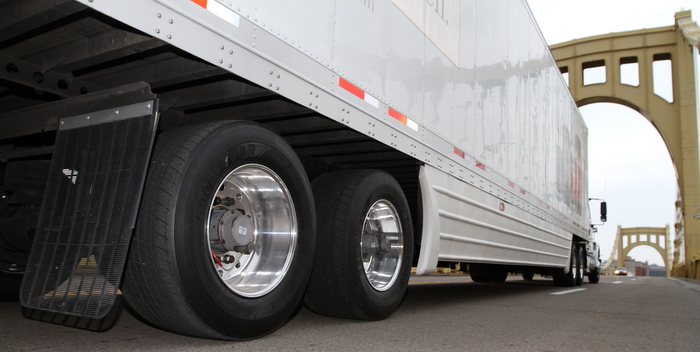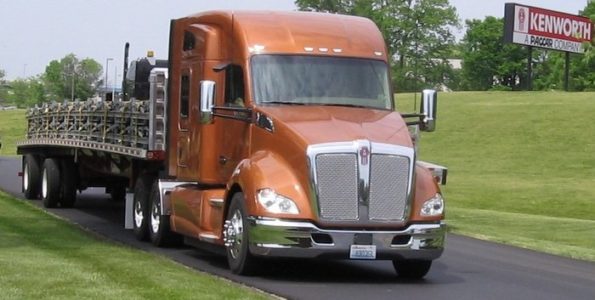It’s nearly that time of year, when snow and ice cover the roads in the northern states and mountains – and fleets brace themselves to deal with the impact of magnesium chloride (sometimes referred to as liquid rust) on trucks and tractor/trailers.
We all know that without this strong road de-icer, travel during cold winter months would be even worse than it is, but handling the after effects of this degrading substance on vehicles is a challenge.
State and local DOTs often apply these chemicals prior to snowfalls, increasing the degree of exposure to trucks and trailers. These materials are especially destructive because of their ability to cling to the underbody of a vehicle and because they attract and absorb moisture, a benefit when it comes to deicing roadways, but a trait that also multiplies their corrosive nature. These abrasive chemicals have a negative impact on wiring harnesses, electrical plugs, lights and lamps, gladhands, as well as painted and metal surfaces—actually just about everything with which they come in contact.
While frequent truck washing is a key factor in slowing the degradation of rust, to further mitigate the effects of these road salts, many fleets specify undercoating protection products like cavity wax, which coats metal and isolates it from water. Regularly cleaning the electrical connections systematically reduces corrosion. Even though wires are insulated, there is still air between the wire strands, which means that condensation can form and that moisture can produce corrosion.
The Technology and Maintenance Council (TMC) of the American Trucking Associations set up a Corrosion Control Action Committee, which has a stated goal to coordinate with TMC’s many study groups to develop recommended practices for equipment manufacturers and fleets to prevent corrosion problems.
At the recent TMC meeting, the committee gave an overview of undercoatings that offer corrosion protection. According to Robert Braswell, TMC technical director, the committee is working on a fleet manual called Corrosion: Complaint, Cause and Correction, which will have three sections detailing fleet complaints, the causes of corrosion, and recommended practices (RPs) that detail the methods fleet managers can employ to deter and correct vehicle body and component corrosion. He added that there will be a variety of photos used to describe problems and solutions related to corrosion of specific vehicle areas.
Anecdotal information regarding corrosion prevention and correction, provided by TMC member fleet managers, also will be included in the book. Among the contributors will be committee chairperson Todd Cortier, maintenance director of Hartt Transportation Systems, who will detail how his fleet is coping with corrosion issues. All the solutions to be reported in the book will be based on RPs and fleet experiences.
Interested TMC members can contact members of the committee for more information.









